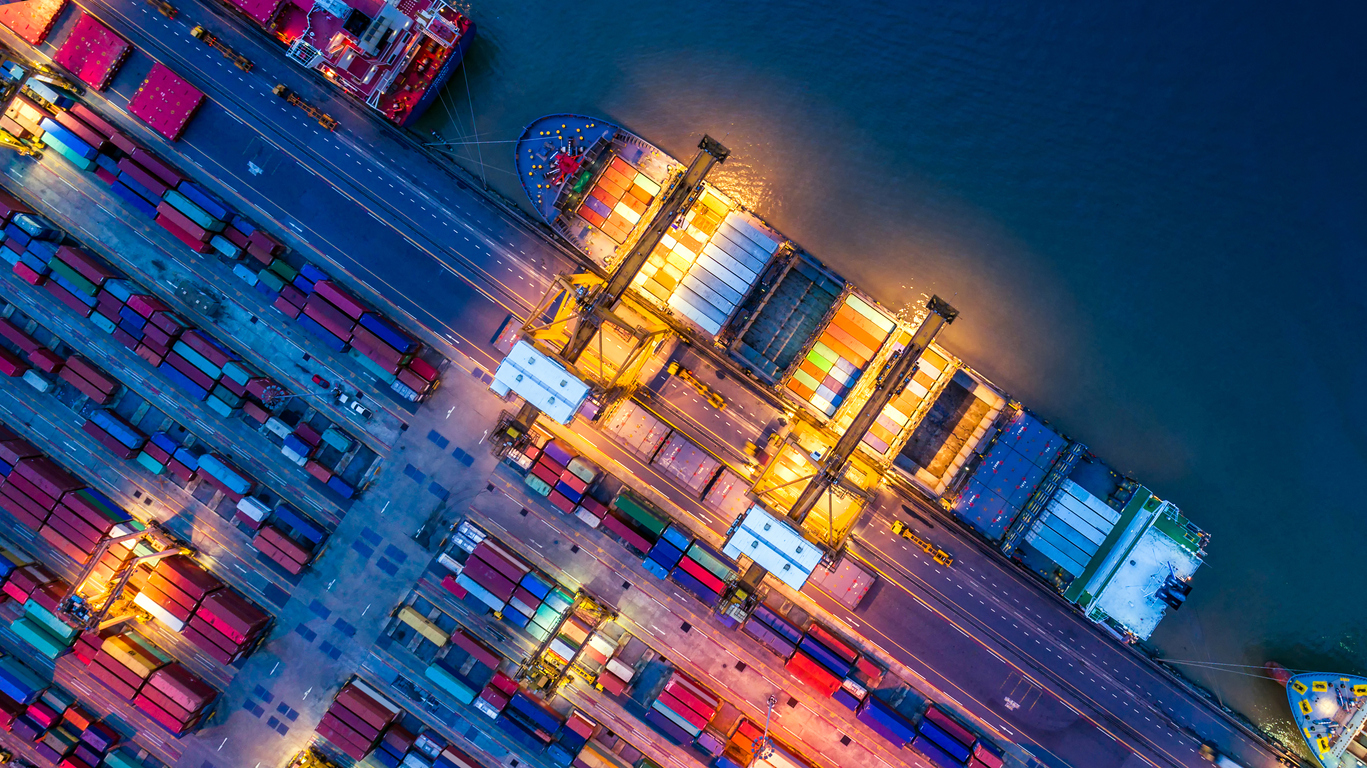Shipping to Nigeria: How to Have Your Items Delivered from the U.S
Shipping to Nigeria: How to Have Your Items Delivered from the U.S
Shipping to Nigeria can be tricky, especially if you don’t know much about the country or its customs regulations. If you’re planning on sending an item to someone in Nigeria from the U.S., it is important that you follow all of the necessary steps in order to ensure that your item arrives safely. Even if your friends or family members have moved away from the U.S. and now reside in Nigeria, there are still a lot of things you need to know when shipping packages internationally. Preparing everything beforehand will make things much easier on both ends and reduce the risk of your package going missing somewhere along the way. If you want to send something as a gift to someone in Nigeria, here are some things you need to keep in mind before shipping anything overseas:
Know the Customs Regulations for Shipping to Nigeria
The first thing you need to know is what items can and cannot be shipped to Nigeria from the U.S. While there are no laws that regulate the items that can or cannot be exported to Nigeria, the Nigerian Customs Service (NCS) has issued a list of items that are “generally prohibited”. On this list, there are certain items (such as cigarettes, alcohol, and meat) that cannot be shipped to Nigeria under any circumstances. Other items are prohibited only if they are being sent as a gift. This is because Nigeria has laws prohibiting the importation of items such as firearms, certain types of ammunition, and certain drugs and medications.
Make Sure You’re Using a Licensed Shipping Company
Since there are certain items that cannot legally be shipped to Nigeria, you will need to make sure that the shipping company you use is licensed. Licensed shipping companies will be able to handle your package in a safe and lawful way. You can check whether or not a shipping company is licensed by visiting the Federal Maritime Commission’s website. If you decide to use a shipping company that is not licensed, you run the risk of your item being confiscated by customs. If this happens, you’ll have to pay for the return of your package and any fines or fees that occur as a result.
Find Out if Registered Mail is Required
Some shipping companies will require you to use registered mail when shipping to Nigeria, so you will need to check with them regarding this. If the customs officials in Nigeria require the use of registered mail, they will be able to track the location of your package and ensure that your item arrives safely. If you do not use registered mail and your item still arrives, there is a chance that the person who receives it will have to pay taxes or fines. In this case, you would be responsible for covering these costs. Registered mail costs more than regular shipping, so if your item is small or lightweight, it might not be worth the extra money. If your item is large or heavy, however, it might be worth it to use registered mail in order to be sure it arrives in one piece.
Choose the Right Package Shipment Type
If you are shipping a small or lightweight item, it is recommended that you use FedEx SmartPost or USPS First Class Mail. These two shipment types will offer affordable rates and usually take less than a few weeks to arrive. If you are shipping a large or heavy item, a Priority Mail shipment is recommended. If you’re unsure about which shipment type to use, you can enter your package details into an online shipping calculator to find out which would be the most cost-effective option.
Print Your Shipping Labels
If you are using an online shipping service, you will most likely have the option to print shipping labels. If you have your labels printed, you can simply attach them to your box and drop it off at the nearest FedEx or UPS drop-off location. If you do not have your labels printed, you will need to drop your box off in person. This can make things more complicated and may result in long wait times. If you are planning to use a FedEx or UPS location, it is recommended that you get there early in the day. If you are shipping USPS, you will need to bring your package to your local post office.
Double-check your Package Weight and Size Before Shipment
Before you send your package off, make sure that the weight and size are correct. If your package is either too heavy or too large, you may have to pay extra fees or have it returned to you. If you are shipping internationally, make sure you are aware of your country’s weight and size restrictions. For example, your package cannot exceed 108 inches in length or weigh more than 66 pounds if you are shipping to Nigeria from the U.S. You can also use an online shipping calculator to find out if your item is within size and weight restrictions for the country you are shipping to.
Conclusion
Shipping to Nigeria can be tricky, but if you follow these tips, you’ll be able to navigate the process with ease. Make sure you know the customs regulations for shipping to Nigeria and use a licensed shipping company. You’ll also want to find out if registered mail is required, and you may want to choose the right shipment type based on the size and weight of your package. Double-check your package weight and size to be sure it’s within the size and weight restrictions, and print your shipping labels before you drop off your box at the nearest FedEx or UPS drop-off location. Good luck shipping to Nigeria!








LEAVE A COMMENT
You must be logged in to post a comment.